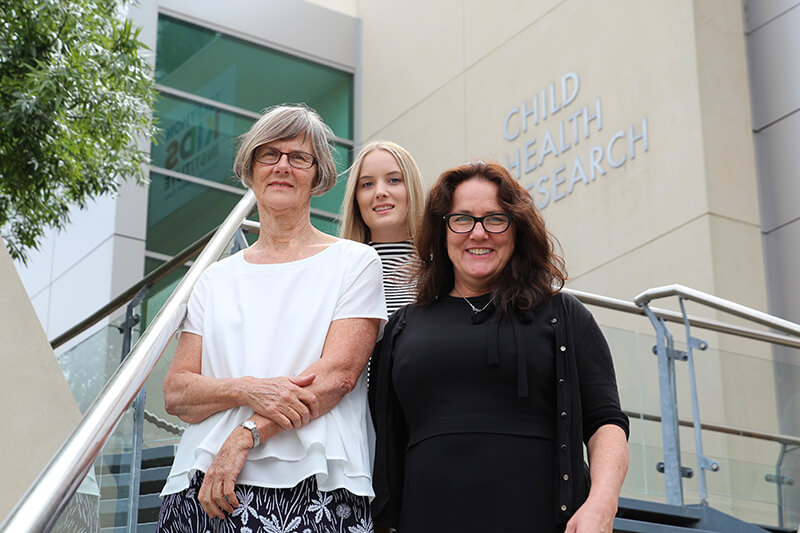Search
Research
Fetal alcohol spectrum disorder and Aboriginal and Torres Strait Islander men: A discussion to be hadFetal alcohol spectrum disorder (FASD) is a lifelong disability of varying severity that occurs among individuals prenatally exposed to alcohol. Among Aboriginal and Torres Strait Islander (Indigenous) Australians, the effects of colonisation and ongoing racism could increase the risk of alcohol consumption during pregnancy.

News & Events
National FASD diagnostic tool to improve outcomes for kidsAustralia's first national diagnostic tool for Fetal Alcohol Spectrum Disorder (FASD) has been developed by researchers at The Kids Research Institute Australia and the U

News & Events
New test for FASDEarly intervention in child development problems caused by alcohol use in pregnancy has been made possible by The Kids Research Institute Australia’s work
News & Events
Greater justice for people with FASDA study of the Western Australian justice system has identified that 85% of staff say responding to the needs of people with FASD is an issue in their work.
News & Events
No alcohol in pregnancy safest choiceChild health researchers are urging community support to help women avoid alcohol in pregnancy and if planning a pregnancy.
News & Events
New screening tool for FASD and ADHD in childrenThe Kids is trialling a new tool for earlier and easier screening of FASD and ADHD in children, using cutting-edge eye-tracking technology developed by the Kids Brain Health Network in Canada.

News & Events
Nine out of ten young people in detention found to have severe neuro-disabilityNine out of ten incarcerated youth examined by The Kids researchers as part of a ground-breaking study had some form of neuro-disability.

News & Events
New national tool to help improve FASD diagnosisExpected to shine a light on hidden harm from alcohol use during pregnancy, Australia’s first national FASD diagnostic tool has been developed by the Institute.
Research
Caudal dysgenesis and sirenomelia-single centre experience suggests common pathogenic basisAbnormally formed lower limbs with varying degrees of fusion are the major feature of sirenomelia whereas maldeveloped lower limbs without fusion are found in a
Research
Women's knowledge and attitudes regarding alcohol consumption in pregnancy: a national surveyAlcohol exposure in pregnancy is a common and modifiable risk factor for poor pregnancy and child outcomes.
